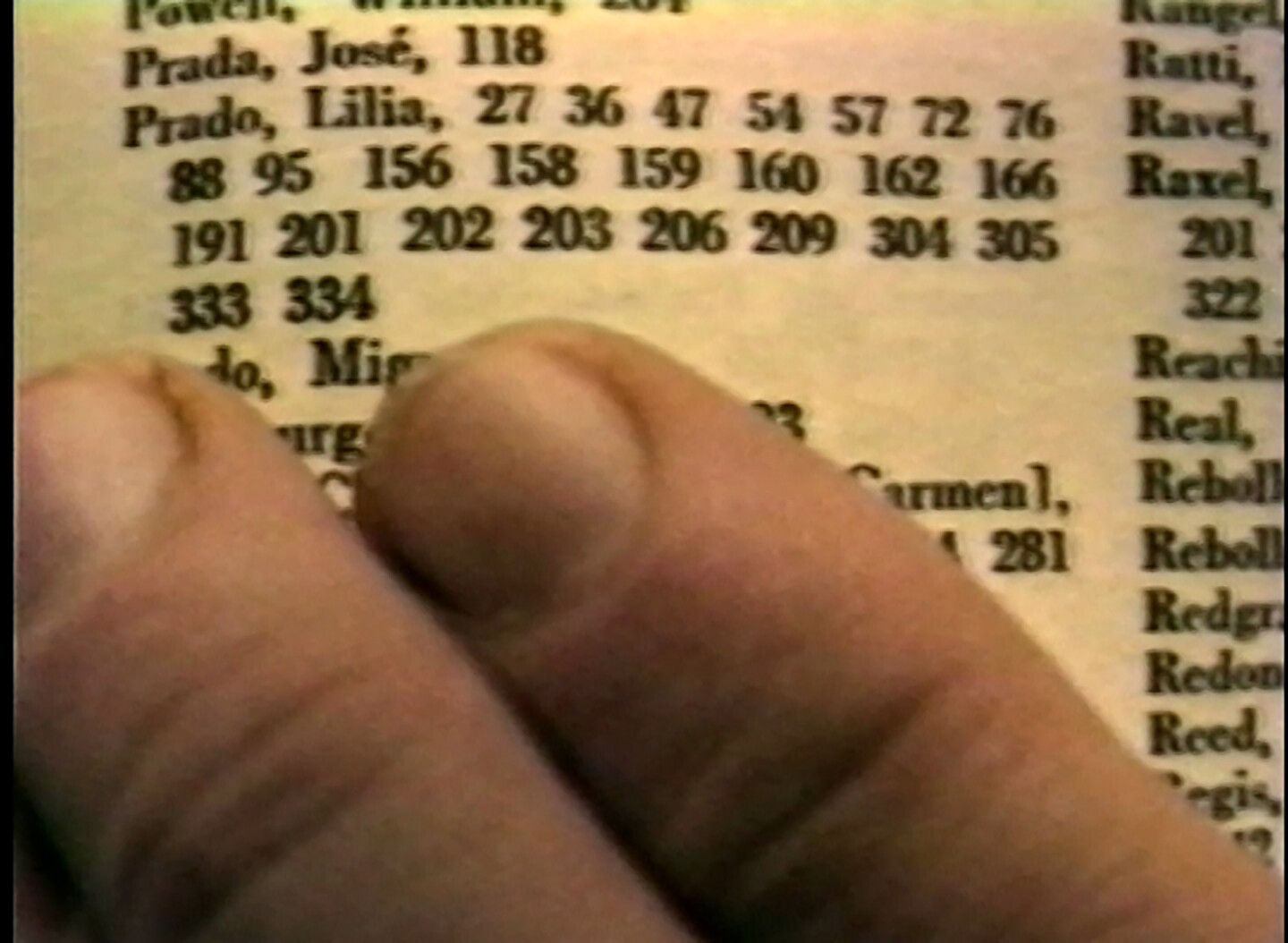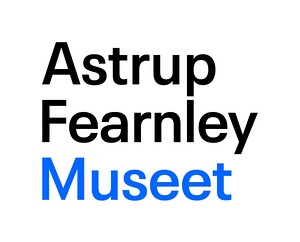October 21–22, 2022
Strandpromenaden 2
0252 Oslo
Norway
Hours: Tuesday–Friday 12–5pm,
Thursday 12–7pm,
Saturday–Sunday 11am–5pm
T +47 22 93 60 60
info@afmuseet.no
Friday, October 21, 7:30–9:15pm
Saturday, October 22, 9:30am–7:30pm
The symposium Lilia Prado is a Superstar is organized in the context of an act of remembrance that juxtaposes two years that may or may not have anything to do with each other: 1972 and 2022. The years between them mark the leap from the Norwegian court decriminalizing a sexual act between two men towards a year-long celebration of queer culture in Norway. The occasion prompts various questions about how we are imagining, making, performing, writing queer histories—as well as the real, speculative, found, imagined iconographies and genealogies informing them.
In 1984, Mexican-Dutch artist, editor, and curator Ulises Carrión organized a film festival at De Appel arts centre in Amsterdam in honor of Lilia Prado. A Marilyn Monroe-figure avant la lettre, Prado emerged in the 1940s as one of the great stars of the Golden Age of Mexican cinema. By the 1980s, however, the stardust had settled and in fact, very few people in Amsterdam had even heard of her.
Carrión went to Mexico in search of his superstar and her films. The Lilia Prado Superstar Film Festival took place in the midst of summer in various cities in the Netherlands. In his video work The LPS File (1985), Carrión used the documentary genre to narrate the not-so-smooth organization of the festival. Similar to how Carrión employed gossip and rumor as artistic strategies in other works of his, truth and evidence are elusive protagonists in the film, as the artist substituted all his Mexican contacts for contacts and friends from the Dutch art world, and the lingua franca shifting from Spanish to English.
Carrión’s Lilia Prado is a heterogenous figure, at once a celebrated icon, a displaced celebrity, a porous memento, and, most importantly, a site of projection for parafictional and speculative queer desires. A found icon in an unstable queer genealogy. Carrión said: “Don’t you think that my gesture, my choice of Lilia Prado, is just as arbitrary as [Marcel] Duchamp’s gesture?… Lilia Prado is my readymade.”
Lilia Prado is a superstar.
The case of Lilia Prado suggests an approach to queer genealogy beyond linear time, state-sanctioned narratives around the il/legitimacy of sexuality, and the annals of history with two n’s. Carrión’s Prado will be a guiding light in this historiographic intervention—this symposium on how we can create icons, make time, and write stories that are utterly false and indelibly true.
Organized by: Hendrik Folkerts (Curator of International Contemporary Art and Head of Exhibitions, Moderna Museet, Stockholm) and Solveig Øvstebø (Director Astrup Fearnley Museum, Oslo).
Program:
Friday, October 21, 2022
7:30–7:45pm
Welcome by Solveig Øvstebø (Director, Astrup Fearnley Museum, Oslo) and Hendrik Folkerts (Curator of International Contemporary Art and Head of Exhibitions, Moderna Museet, Stockholm)
7:45–9:15pm
New York Jew Pinko Queer (with AIDS)—performance by Gregg Bordowitz (writer, artist, and activist, New York, USA), with Ida Løvli Hidle on accordion and Andreas Røysum on clarinet
Saturday, October 22, 2022:
9:30–10am
Welcome by Solveig Øvstebø and Introduction by Hendrik Folkerts
10–10:30am
Against Queer Monumentalism: Diary from Queer Cultural Year—Lecture by Mathias Danbolt (Professor of Art History at University of Copenhagen, Denmark)
10:30–11:15am
Never Knowing Ulises, or What it means to be a star?—Lecture by Arnisa Zeqo (curator and writer, Amsterdam, The Netherlands)
11:15–11:30am: Short break
11:30am–12pm
Museum Fictions, A performative unfolding of a manifesto ~ queer methodology ~ machine of otherness ready to pickle with fiction the paradigmatic gap between the frozen ~ the fluid hot ~ the knowledge of The Museum—by KILOBASE BUCHAREST (curatorial collective with Dragos Olea and Sandra Demetrescu, Bucharest, Romania)
12–1:30pm Break
1:30–3:30pm
Karen Carpenter Was a Superstar Too: Todd Haynes, Erotohistoriography, and the Anti-Readymade—Key-note lecture and film screening by Elizabeth Freeman (Professor of English, University of California, Davis, USA)
3:30–4:15pm: Coffee break
4:15–5pm
Performance by Abdellah Taïa (writer, Paris, France)
5–5:15pm: Short break
5:15–7:15pm
Found Objects—A conversation with Christian Bendayán (artist, Lima, Peru), D. Harding (artist, Brisbane, Australia), Sam Hultin (artist, Stockholm, Sweden), and Timimie Märak (artist and poet, Stockholm, Sweden), moderated by Hendrik Folkerts
7:15–7:30pm
Epilogue: Timimie Märak



